I went to see Lois Zachary at the mentoring conference last week. She opened with this video and I haven't been able to stop thinking about it. So powerful.
If you don't have time to watch the video, here is the commentary written (of most of the video, missing some at the end):
I want to start just by asking everyone in the audience a question: How many of you are completely comfortable calling yourselves a leader?
See, I've asked that question all the way across the country, and everywhere I ask it, no matter where, there's always a huge portion of the audience that won't put up their hand. And I've come to realize that we have made leadership into something bigger than us. We've made it into something beyond us. And I worry sometimes that we spend so much time celebrating amazing things that hardly anybody can do that we've convinced ourselves that those are the only things worth celebrating, and we start to devalue the things that we can do every day.
I went to a little school called Mount Allison University in Sackville, New Brunswick, and on my last day there a girl came up to me and she said, "I remember the first time that I met you." And then she told me a story that happened four years earlier.
She said, "On the day before I started University I was in the hotel room with my mom and my dad. And I was so scared and so convinced that I couldn't do this; that I wasn't ready for university that I just burst into tears. And my mom and my dad were amazing. They were like, 'Look, we know you're scared, but let's just go tomorrow, let's go to the first day and if at any point you feel as if you can't do this, that's fine, just tell us, we'll take you home. We love you no matter what.'"
She said, "And so I went the next day and was standing in line getting ready for registration and I looked around and I just knew I couldn't do it. I knew I wasn't ready, I knew I had to quit. And I turned to my mom and my dad to tell them that we needed to go home, and just at that moment you came out of the student union building wearing the stupidest hat I have ever seen in my life. It was awesome. And you had a bucket full of lollipops. And you were walking along and you were handing the lollipops out to people in line and talking about [a charity called] Shinerama. And all of a sudden you got to me, and you just stopped. And you stared. It was creepy. And then you looked at the guy next to me, and you smiled, and you reached in to your bucket and you pulled out a lollipop and you held it out to him. And you said to him, 'You need to give a lollipop to the beautiful woman standing next to you.' "
And she said, "I have never seen anyone get more embarrassed faster in my life. He turned beet-red and wouldn't even look at me and just kinda held the lollipop out like this." [shyly giving the lollipop] "And I felt so bad for this dude that I took the lollipop and as soon as I did you got this incredibly severe look on your face and you looked at my mom and my dad and you said, 'Look at that. Look at that. First day away from home and already she's taking candy from a stranger!'"
And she said, "Everybody lost it. Twenty feet in every direction, everyone started to howl. And I know this is cheesy, and I don't know why I'm telling you this, but in that moment when everyone was laughing, I knew that I shouldn't quit. And I haven't spoken to you once in the four years since that day, but I heard that you were leaving, and I had to come up and tell you that you've been an incredibly important person in my life, and I'm going to miss you."
And she walks away. And I'm flattened. And she gets about six feet away and she turns around and smiles and goes, "And you should probably know this too. I'm still dating that guy four years later." A year and half after I moved to Toronto, I got an invitation to their wedding.
Here's the kicker. I don't remember that.
How many of you guys have a lollipop moment? A moment where someone said something or did something that you feel fundamentally made your life better?
We need to redefine leadership as being about lollipop moments, how many of them we create, how many of them we acknowledge, how many of them we pay forward, and how many of them we say thank you for. Because we've made leadership about changing the world, and there is no world, there are only six billion understandings of it. And if you change one person's understanding of it, one person's understanding of what they're capable of, one person's understanding of how much people care about them, one person's understanding of how powerful an agent of change they can be in this world, you've changed the whole thing.
*************************
Remember to tell people who made your lollipop moment. Thank them. Chances are they do not know it. As teachers, we create lollipop moments each day and often never know it. Be the change. Be kind!

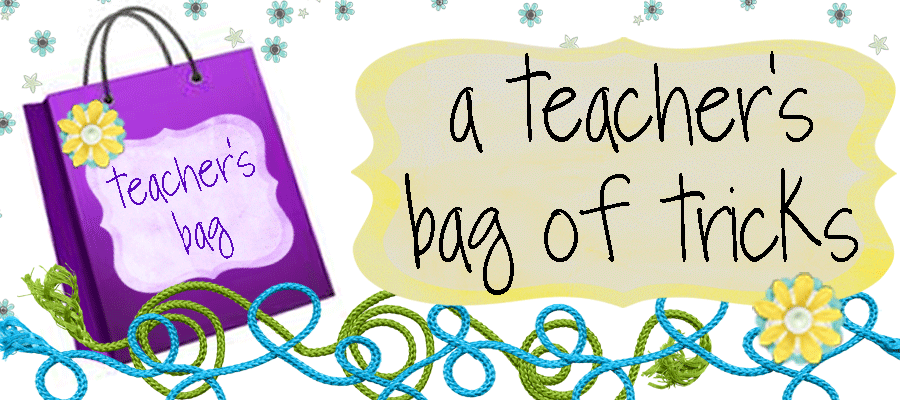












 These look awesome, but complicated. Check out the source link below for step by step instructions with photos to create these cool 4D trioramas.
These look awesome, but complicated. Check out the source link below for step by step instructions with photos to create these cool 4D trioramas.
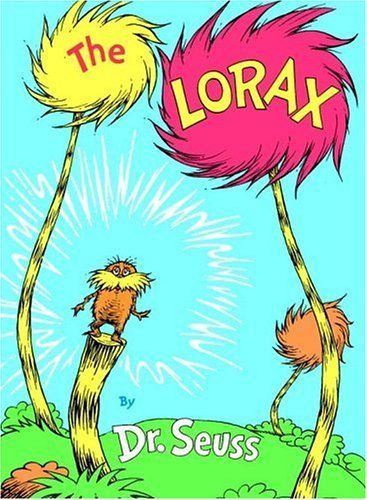








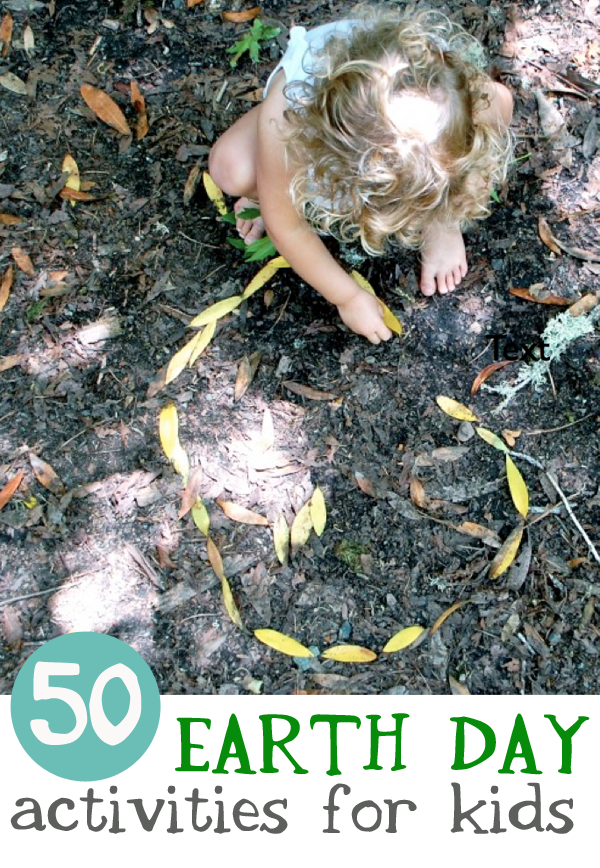
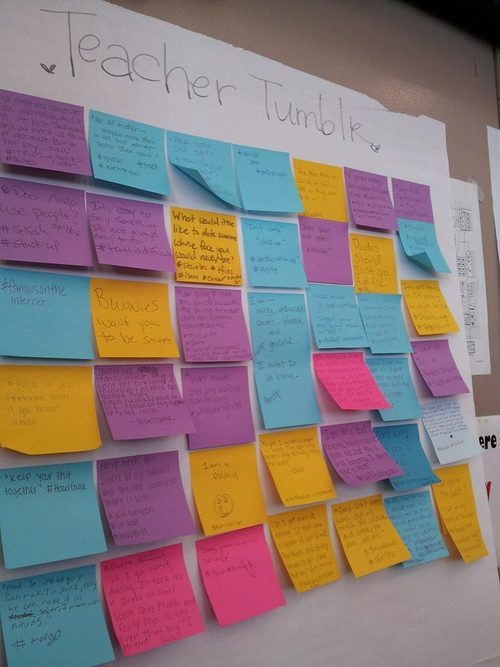
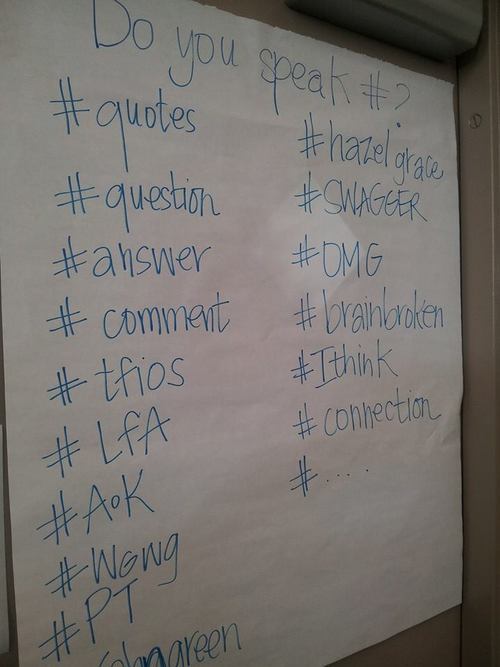
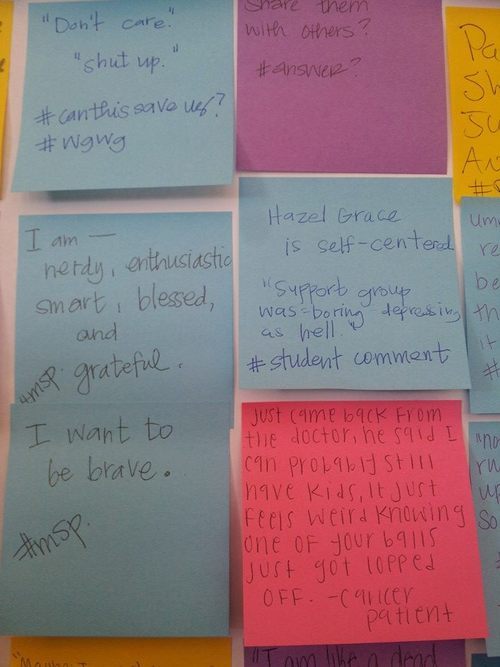 I absolutely LOVE this activity. I have tried similar strategies, but this teacher describes in detail the process and outcome - I love it!
I absolutely LOVE this activity. I have tried similar strategies, but this teacher describes in detail the process and outcome - I love it!














